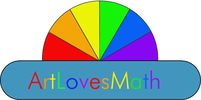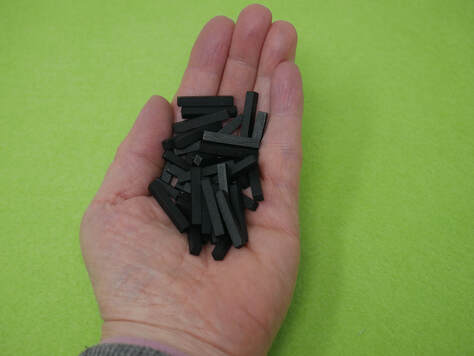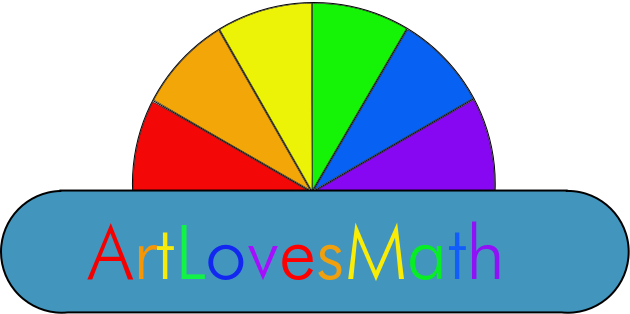21st Century Froebel
Welcome to the 21st Century Froebel blog!
I welcome your responses to these thoughts on art, math, learning, and Froebel.
I welcome your responses to these thoughts on art, math, learning, and Froebel.
"You may give them your love,
but not your thoughts.
For they have their own thoughts.
Kahlil Gibran
On Children



